Hot Spots: How to treat and prevent
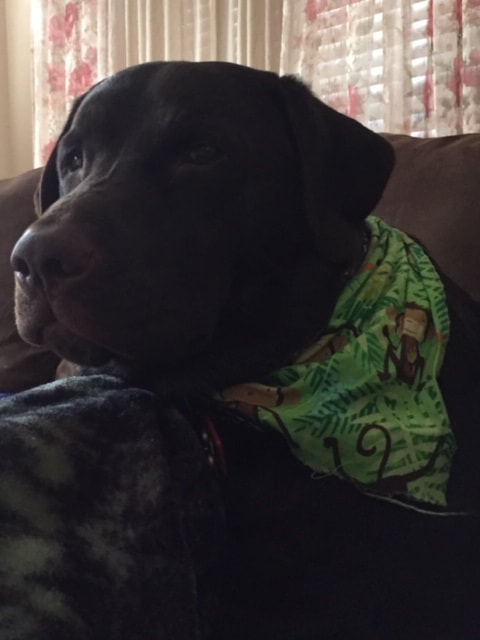
We are in Missouri right now and one of the things I love about living here is that it is very dog friendly. It’s not unusual to see neighbors walking their dogs from early AM to late PM and stopping along the way to say hi to Jake and Maggie. I was out in the front yard last week with the monsters and one of the neighbors stopped to chat. He was walking a beautiful Rottweiler named Buck and I noticed a very large sore on his face. We got to talking about it being a hot stop and the many trips to the vet and medications they have tried on him. I felt for my neighbor which prompted me to do some research. When our Bear was alive, he suffered with skin problems and hot spots towards the end of his life and it was such a struggle to keep him happy. I think I changed everything from laundry detergent to cleaning products and the countless trips to the vet were daunting. We tried medicated creams and ointments and gave him Benadryl daily.
With Missouri being the allergy capital of the world and spring already here, I wanted to talk more about how to treat and prevent hot spots.
What are hot stops? The scientific term for hot spots is acute moist dermatitis. They become hot, red, oozing lesions that can appear in just a few hours. They can cause your pet a considerable amount of discomfort. Hot spots are self induced because the dog will lick an area of skin which becomes traumatized tissue known as a “hot spot”. This spot starts to itch which causes the dog to continue to lick the same spot over and over which means there is normally an underlying problem.
Some of the more common causes of the itching/hot spot cycle are:
- Flea allergy dermatitis
- Atopic dermatitis
- Parasites (especially scabies and mites)
- Food allergies
- Contact irritants
- Anal sac disease
- Ear or skin infections
- Foreign bodies
- Constant licking due to stress or boredom
- Irritation after grooming
Other causes for hot spots:
- Bacterial Infections
- Poor hygiene; dogs with matted or dirty fur
- Dogs exposed to outdoor weather such as rain or even swimming
- Even dogs that are groomed regularly
- Parasites
- Fleas
Symptoms:
Hot spots typically occur on the head, hips, or chest area of affected dogs. These lesions are hot, moist, red, and inflamed from the dog’s repeated licking, chewing, and scratching. The skin in the area affected by the hot spot loses hair and grows very sensitive and painful to the touch. The spots may scab and produce pus or clear fluids, which can lead to matting of the surrounding hair and crusting. Since the trauma is self-induced, hot spots can grow very quickly in a short period of time if your dog is allowed to irritate the area.
Treatments:
- See your vet who will shave the hot spot and cleanse the area with a non-irritating antiseptic solution such as chlorhexidine and may prescribe antibiotics or steroids to treat secondary bacterial infections.
- Use an Elizabethan collar
- Use Benadryl
- Vitamin C
- Cortisone 10
- Daily cleaning of the hot spot, even every two hours for the first day or two, will speed up the healing.
Prevention:
- Taking your dog to your vet for blood work and tests to make sure there is not an underlying issues such as allergies or flea infestation.
- If your dog has food allergies, switch to a hypoallergenic food.
- Active dogs can get hot spots, too, but bored or stressed dogs are more likely to irritate their hot spots than dogs that get regular exercise and opportunities for play, stimulation, and human interaction. If your dog is prone to hot spots, make an effort to keep him more active on a daily basis. Not only will this help prevent hot spots from recurring, but it will also keep your pup happier and healthier.
- Wash all bedding in detergent free of dyes and chemicals.
- Use hypoallergenic shampoos and conditioners.
As soon as you see your dog licking and developing a hot spot, call your vet immediately. I hope this helps because I know what it’s like to deal with a pet who has hot spots and skin problems. There are always the natural and herbal remedies out there fore those who choose to go the holistic route. I have wonderful and caring vets who really helped and that is why I still use Tide Free and Gentle detergent still to this day! Dr. P. of Ambridge Area Veterinarian Clinic recommended I wash all of Bear’s bedding in that and I never turned back. It is free of dyes, perfumes, chemicals, no coloring but still gets our clothes clean and white. As for your dogs plush toys, throw them in the laundry as well with their bedding. Every little bit helps!
“Jake and Maggie on their neighborhood watch”. “Their morning ritual watching the kids get on the school bus”
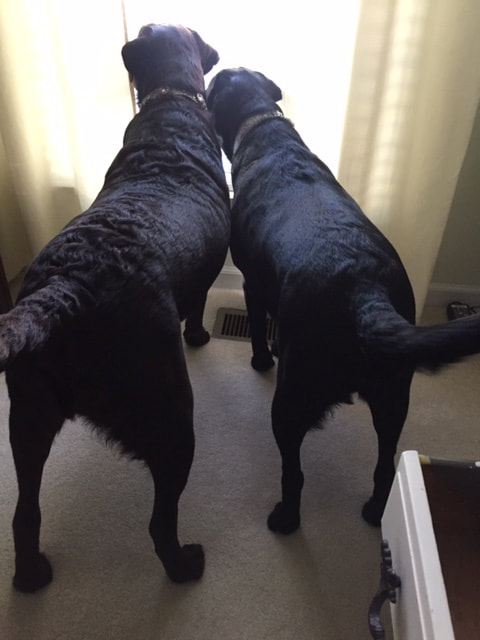
“Maggie’s sweet face…couldn’t resist adding this” 🙂


You Might Also Like
What Are The Nutritional Stages Over A Dog’s Lifespan?
Happy Wednesday everyone! It’s been a minute since I last posted. It’s been a crazy busy time for us and it doesn’t look like it’s going to stop any time soon but I didn’t forget about you. I’m back and ready to blog! One of my loyal readers has suggested I create...
Your Dog’s Zodiac Sign
Happy Wednesday everyone! Ever wonder what your pet's reaction means to something? Your Dog's Zodiac Sign is a fun post that sheds light on their behavior based on the month they were born. Jake and Maggie are Gemini's born June 8, 2017! The horoscope (see chart)...
The Stigma Surrounding The Pitbull Breed
Happy Wednesday everyone! Today on the blog we are talking about The Stigma Surrounding The Pitbull Breed. For those of you who have never owned a Pitbull, I want to tell you that they are a wonderful breed. So when I heard about the UK banning all XL bully dog...

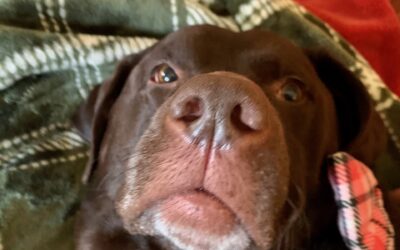
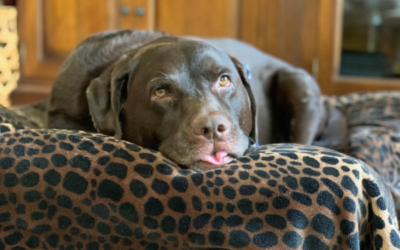
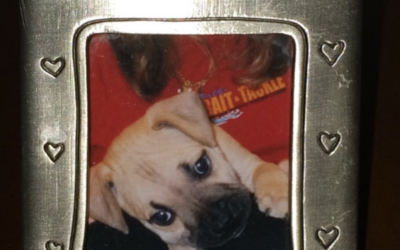
0 Comments